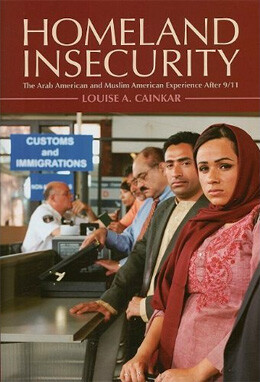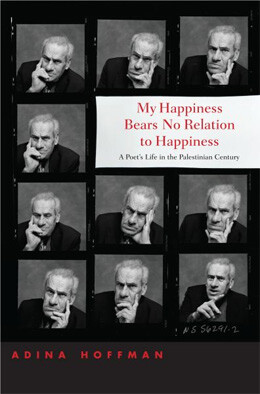
Zionism's destabilizing force: "Israeli Exceptionalism" reviewed
20 January 2010
In his new book Israeli Exceptionalism: The Destabilizing Logic of Zionism, M. Shahid Alam successfully argues that the moral force behind the Zionist movement is a sense of Jewish, and consequently Israeli, exceptionalism. This claim of exceptionalism underpins what he calls the “destabilizing logic of Zionism.” According to Alam, Zionism “could advance only by creating and promoting conflicts between the West and the Islamicate.” Ahmed Moor reviews for The Electronic Intifada. Read more about Zionism's destabilizing force: "Israeli Exceptionalism" reviewed


















